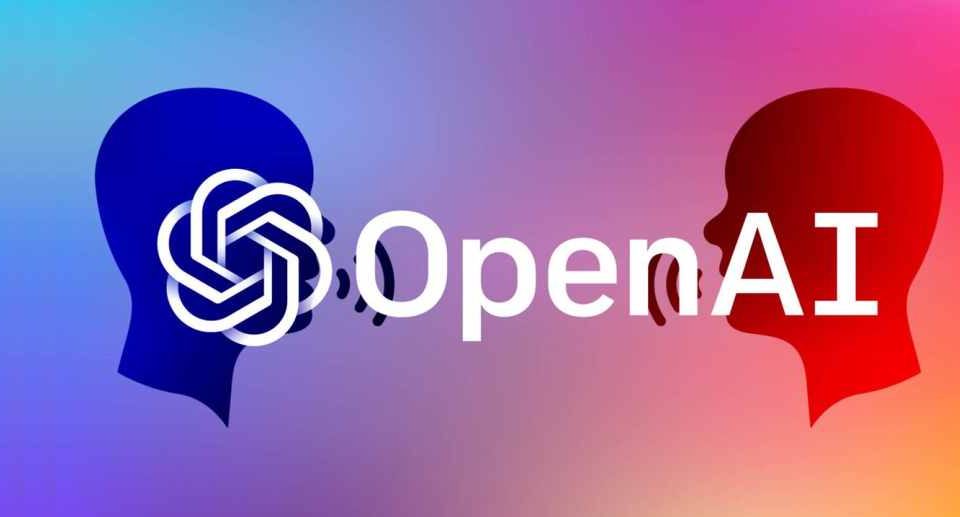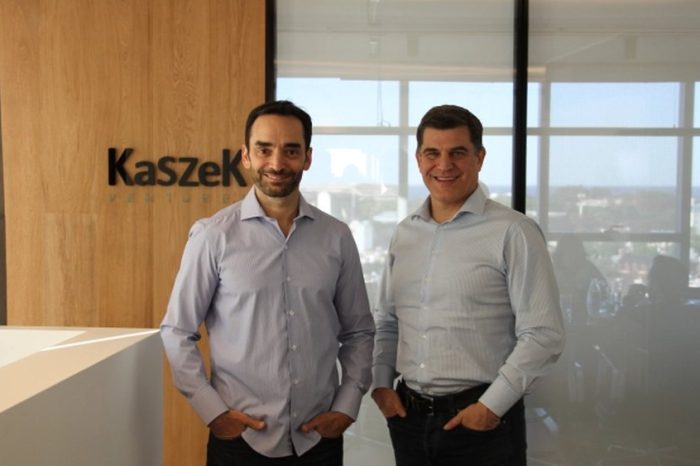OpenAI files a UDRP case against the current owner of ChatGPT.com

On November 30, 2022, OpenAI launched ChatGPT, a large AI language model based on the third-generation Generative Pre-trained Transformer (GPT-2) architecture. The chatbot was designed to generate human-like text in response to prompts or questions from users.
While the Internet was abuzz with excitement about the endless possibilities of ChatGPT, a company called Site Matrix LLC quickly registered the domain ChatGPT.com on the same day of the launch to capitalize on the success of the world’s most popular chatbot, which has now garnered over 100 million users in just a month after its launch. It didn’t take before Site Matrix LLC start to monetize the website traffic. Unsurprisingly, millions of users who visited ChatGPT.com were probably misled to believe they went to the right site, https://chat.openai.com/chat
To prevent further confusion and brand dilution, OpenAI filed a UDRP case at the WIPO to get the domain ChatGPT.com back from Site Matrix LLC.
Meanwhile, it was only a few days after the launch in December 2022 that OpenAI filed for trademarks of ChatGPT and GPT. The company has already registered the trademarks GPT-3 and GPT-4, which are currently pending. What are the odds that OpenAI will be able to get the domain ChatGPT.com from the current owner? That was the question a domain news site called DomainGang posed to ChatGPT. Below is the response:
“The Uniform Domain-Name Dispute-Resolution Policy (UDRP) is a process established by the Internet Corporation for Assigned Names and Numbers (ICANN) to resolve disputes over domain names. The UDRP allows a trademark owner to seek the transfer or cancellation of a domain name that is identical or confusingly similar to its trademark, where the domain name was registered and used in bad faith.
To prevail in a UDRP, the complainant (in this case, OpenAI) must prove three elements:
The domain name registered by the respondent (the current owner of ChatGPT.com) is identical or confusingly similar to a trademark or service mark in which the complainant has rights.
The respondent has no rights or legitimate interests in respect of the domain name.
The domain name has been registered and is being used in bad faith.
If OpenAI can successfully prove these elements, the WIPO panel may order the transfer of the domain name to OpenAI.However, the fact that the current owner of ChatGPT.com is monetizing the domain name may not necessarily mean that they registered and are using the domain name in bad faith. The WIPO panel will consider several factors in determining bad faith, including whether the respondent registered the domain name primarily for the purpose of selling, renting, or otherwise transferring the domain name to the complainant, or to a competitor of the complainant, for a profit.
The involvement of legal counsel in a UDRP plays a major role in how a case is presented to the Panel. We’ll have to wait and see whether the Respondent in this UDRP will respond at all.”
We will be monitoring the case and keep you posted as things unfold.
Open AI is a research institute founded in late 2015 by Elon Musk and Sam Altman and 20 others including Greg Brockman, Ilya Sutskever, and Wojciech Zaremba. In 2018, Musk stepped down from OpenAI’s board of directors to avoid future conflicts of interest with Tesla’s self-driving car research. Both Musk and Altman said they were motivated to start OpenAI in part by concerns about existential risk from artificial general intelligence.
The company is focused on developing and promoting friendly artificial intelligence, with the goal of advancing and ensuring the beneficial use of AI in society. OpenAI’s mission statement is “to ensure that artificial general intelligence benefits all of humanity.” The company aims to “freely collaborate” with other institutions and researchers by making its patents and research open to the public.

